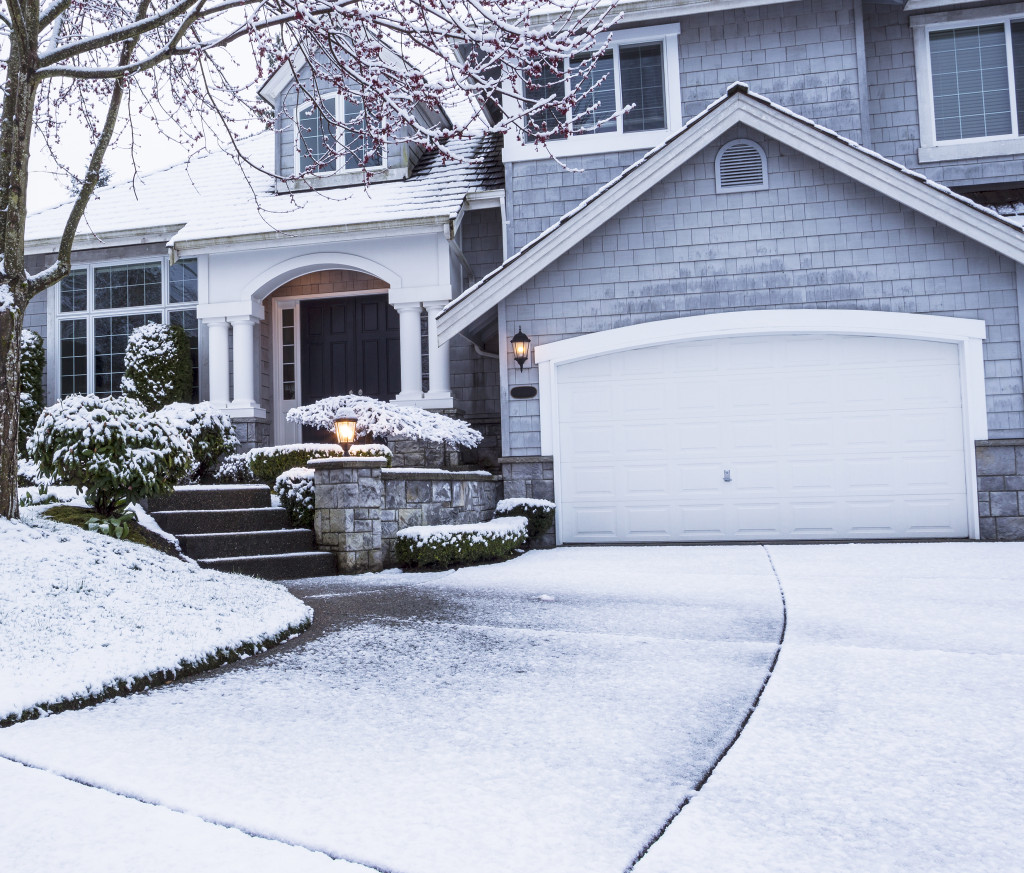- Maintaining and upgrading heating systems is crucial for comfort and energy efficiency during winter.
- Layering clothing, having warm baths, and decluttering your home can improve well-being and comfort.
- Maintaining optimal air quality and humidity levels in your home can prevent respiratory issues and enhance comfort.
- Decluttering your living space can help reduce anxiety, improve focus and productivity, and ease maintenance efforts.
Chilly indoor temperatures have been linked to elevated blood pressure, worsened asthma symptoms, and decreased mental well-being. Many illnesses and deaths are attributed to a cold home during winter. Most of these health issues are associated with respiratory and cardiovascular diseases, particularly among older individuals.
As the winter season approaches, optimizing your home for winter wellness is essential for your health and comfort. With the low temperatures and potential for snow, ensuring your living environment is set up to keep you warm and healthy throughout the season is crucial.
This blog post will discuss various strategies to help you optimize your home for winter wellness.

Heating Systems
One of the most important aspects of keeping your home comfortable during winter is your heating system. Ensure your system is in top condition by having it serviced by a licensed HVAC technician. Additionally, consider upgrading to improve energy efficiency, such as investing in smart thermostats, adding insulation to your home, and sealing air leaks around windows and doors.
Have a Warm Bath
During the colder months, there’s nothing quite like a warm bath to relax and warm up your body. Take advantage of this simple pleasure by adding a few drops of essential oils, lighting some candles, and soaking in the tub for a soothing and rejuvenating experience. To ensure you have a warm bath at night during the cold season, you should install reliable water heaters. The heater should be regularly serviced to ensure it is working efficiently.
Layer Up
One of the easiest ways to keep warm during winter is by layering up your clothing. Start with a base layer made of moisture-wicking material, then add layers of insulating materials such as wool or fleece, and finish off with a waterproof outer layer. This will keep you warm and protect you from the elements if you need to go outside.
Air Quality
During the winter season, it’s common to keep doors and windows tightly shut, which can lead to poor air quality in your home. Invest in an air purifier to reduce allergens, dust, and other pollutants in the air. You can also add indoor plants to boost oxygen levels. In addition, regularly changing your HVAC filters can also improve air quality.
Respiratory Issues
Poor air quality can have a significant impact on your health, especially for those with respiratory issues like asthma or allergies. It can also cause fatigue and headaches and irritate the eyes, nose, and throat. Therefore, paying attention to air quality in your home is essential.
Humidity
Dry air is a common issue during the winter months, leading to dry skin, sinuses, and respiratory issues. Investing in a humidifier can help combat this issue and increase comfort levels in your home. Humidity refers to the amount of water vapor in the air. Humidity levels can vary greatly depending on where you live and the time of year.
Comfort and Health
Humidity is essential not only for your comfort but also for your health. Low humidity levels can dry out mucous membranes in your nose and throat, leading to irritation and increased susceptibility to colds and respiratory infections. On the other hand, high humidity can create a breeding ground for mold and mildew, which can cause allergies and respiratory issues.
Humidity Levels
You can use a hygrometer or a weather station to measure humidity levels in your home. The ideal humidity level for indoor spaces is 30 to 50 percent, with 45 percent considered optimal. Monitoring humidity levels regularly and adjusting accordingly to maintain a healthy living environment is essential.

Decluttering
Spending more time indoors during winter is a great time to simplify and declutter your living space. Clutter can lead to stress and anxiety, so consider donating or selling items you no longer need. Decluttering can also help maintain a clean and organized home, making it easier to enjoy the space during winter.
Benefits of Decluttering
Decluttering can have numerous benefits for both your mental and physical well-being. It can improve focus and productivity, reduce stress, and even improve sleep quality. Additionally, decluttering can make cleaning and maintaining your home easier, saving you time and energy in the long run.
Optimizing your home for winter wellness is essential for maintaining health and comfort during the colder months. By implementing these strategies, you can ensure your living space is warm, comfortable, and healthy. From ensuring your heating system is in top condition to managing air quality, lighting, humidity, and decluttering, there are many ways to optimize your home. Follow these tips to keep yourself and your family healthy and happy throughout winter!

